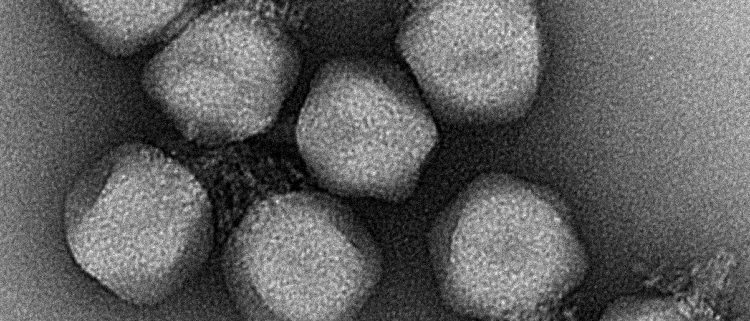Bas Dutilh finds human microbiome virus in one-third of all countries
In 2014, Bas Dutilh discovered crAssphage, a new virus that infects bacteria associated to the human intestine, just by analysing “big data”. Although the virus had never been seen before, crAssphage was present in well over 50% of almost one thousand datasets from human faecal samples. As a follow-up of that article, he has now convinced more than 100 scientists worldwide to look for crAssphage in sewage and human faecal samples from their country. Bas is senior author of the resulting publication in Nature Microbiology that describes how they found the virus in one-third of the countries of the world. This new research also suggests why crAssphage is so widespread: the team showed that crAssphage has been with us since the dawn of humankind and has spread with us as we colonised the globe. CrAssphage seems to have no effect on human health or disease, so without impeding our fitness the virus could survive in the human lineage without being selected out. [The image is an electron microscopy photograph taken by Colin Hill, whose team was the first to isolate a crAssphage-like virus from Irish fecal samples in 2018.]

